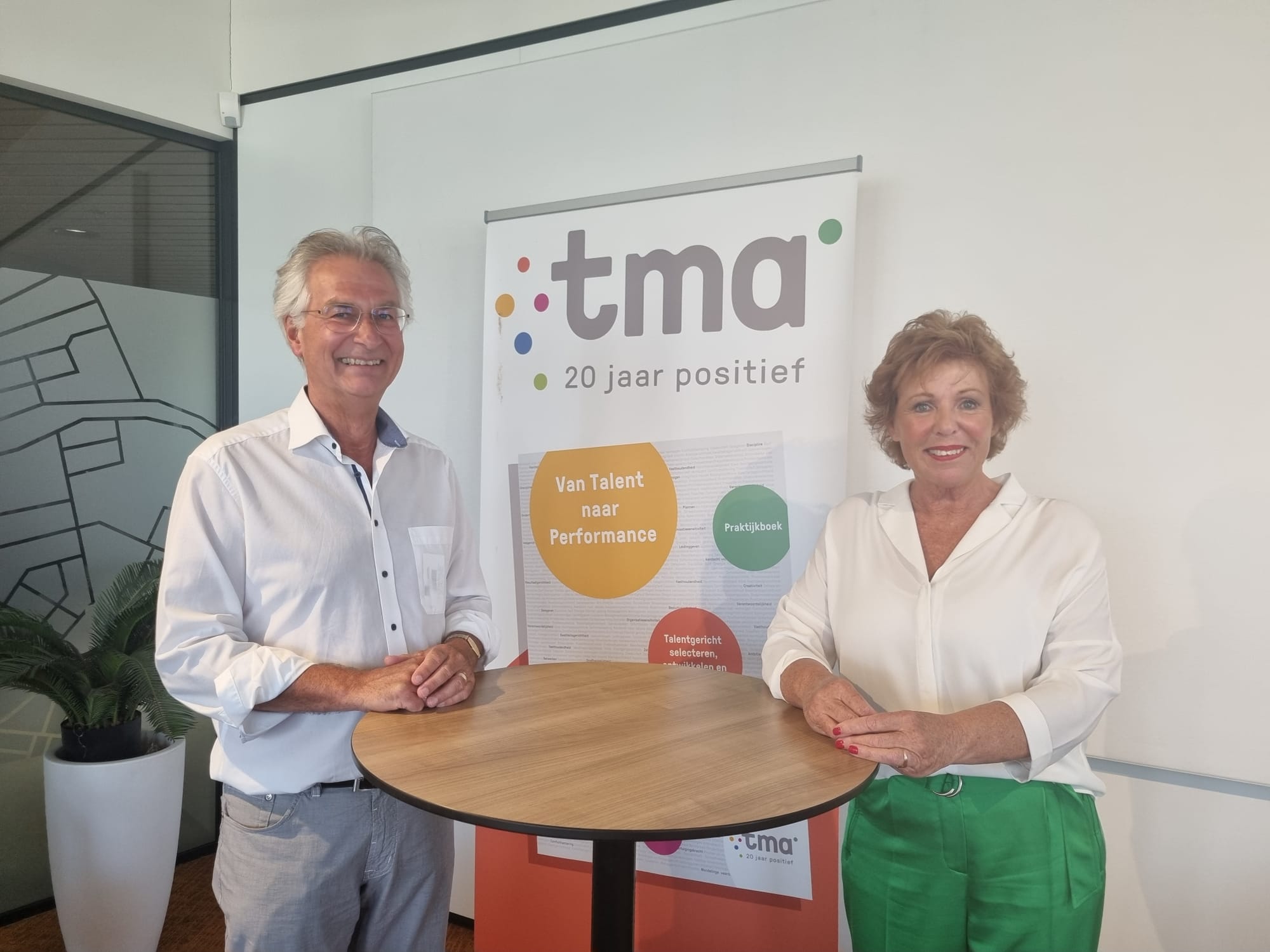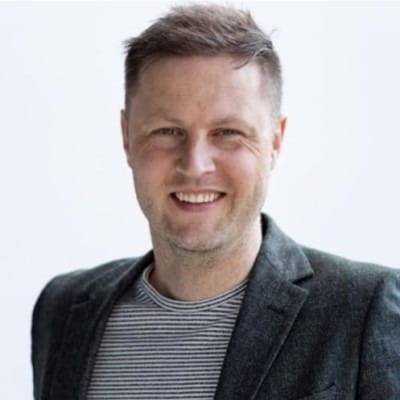How did you know that TMA could make a difference for the organization?
"We had TMA in-house for some time, but it was mainly used for guiding people transitioning to different roles due to illness until about eight years ago. At one point, we realized that we could utilize TMA much more extensively, such as in recruitment and selection, career development, mobility, team development, and leadership. We explored what TMA had to offer and found it to be more versatile than we had initially thought."
What need did you see within the organization that you wanted to address?
"We noticed that people wanted to grow and develop, but often didn't know how. TMA turned out to be an excellent tool for uncovering what motivates people, what they want and are capable of, and where their talents lie. This was something we didn't have before. Everyone was doing their best, but decisions were often based on intuition. With TMA, we could make the process more objective and provide clearer direction. The TMA Talent Analysis proved to be a great instrument for helping people make choices."
Can you measure the results of using the analysis?
"We never intended to measure the impact of TMA because there are so many environmental factors that also contribute positively or negatively to development. However, based on the conversations we've had about TMA and the changes we've observed, it has definitely been successful. People are more easily motivated and willing to discuss their development needs with their managers thanks to the insights from the talent management system."
The role of the manager is essential in helping employees develop. Have managers embraced this role effectively?
"Most of them have, yes. Some have even said they want all their employees to undergo TMA. It was voluntary, of course, but they wanted to provide the opportunity. This gave managers more guidance and control, making it easier for them to deploy people effectively in their roles."
In government organizations, there's a focus on task-driven work. How did the talent-oriented approach support this?
"That was challenging, especially in a matrix environment where responsibility is shared between the project leader, formal manager, and HR. Success depended on all managers being open-minded and willing to have conversations with their staff. Unfortunately, this hasn't been fully achieved in our organization due to the gap between the employee and their formal manager, caused by the division of functional and hierarchical management responsibilities."
What were the obstacles to implementing this approach, and what can other organizations learn from this?
"The main obstacle for us was the distance between employees and their formal managers due to the split between functional and hierarchical management responsibilities. Despite regularly conducting feedback analyses, managers often felt they didn't know their employees well enough to assess them accurately. This highlighted the importance of collaboration between project leaders and formal managers."


